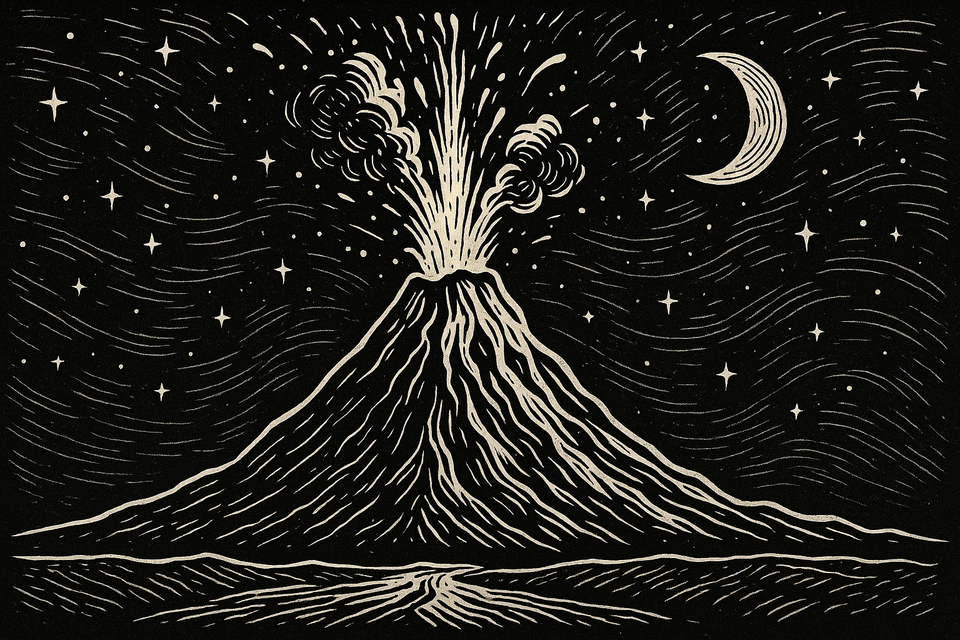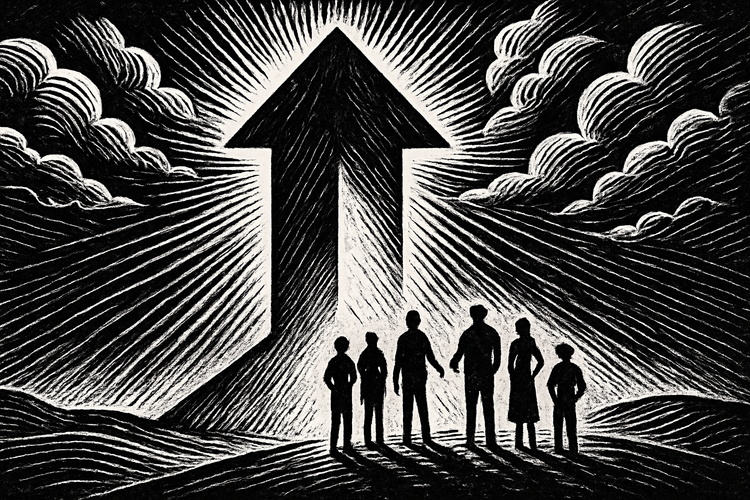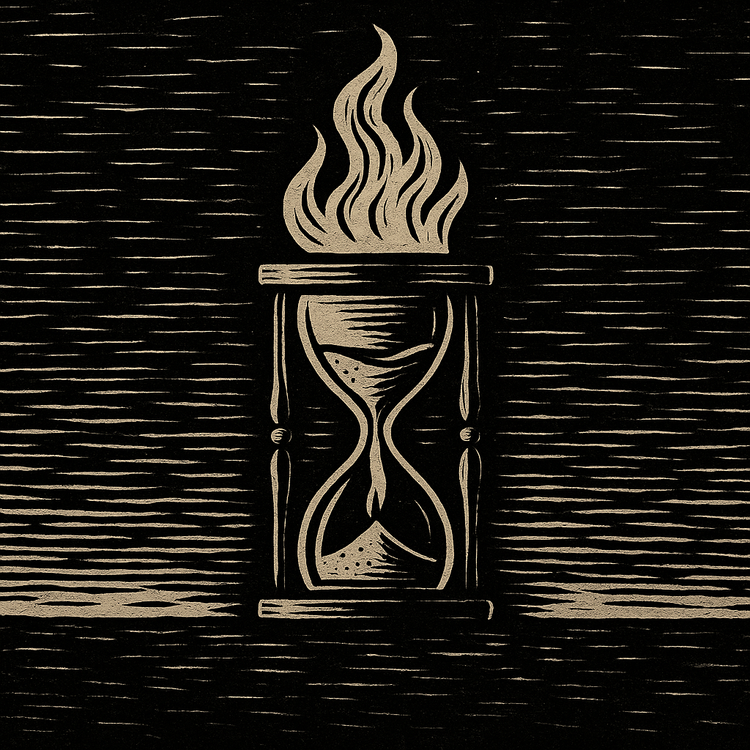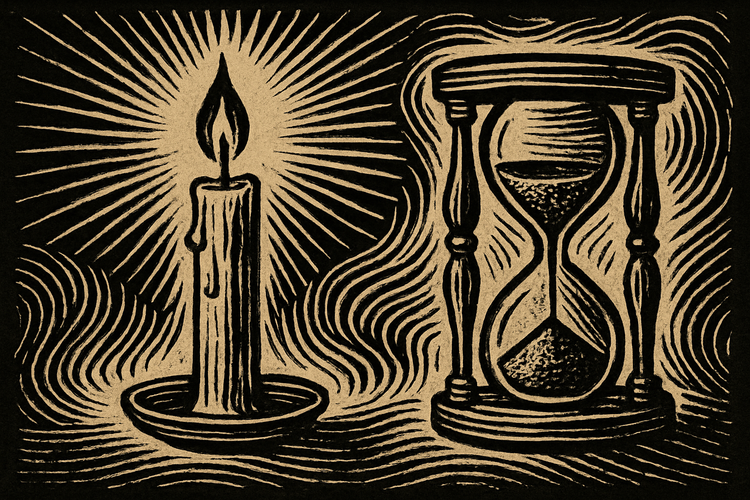The Good Place S2E3 "Team Cockroach"

Spoiler Warning: This reflection contains full spoilers for The Good Place, including retrospective insights and thematic allusions. It assumes familiarity with the entire series and is written from the perspective of a rewatch.
If survival alone were the goal, the deal with Michael would be a bleak bargain — a pact with the architect of their suffering, made under threat of scorpion volcanoes and worse. But The Good Place has always been less about the mechanics of punishment than about the inevitability of growth. Here, Kant’s imperative — “It is our duty to improve ourselves” — becomes the hinge on which the episode turns. The humans’ only viable path forward also demands their moral development. And in an irony the universe seems almost to have scripted, Michael — who built this neighborhood as an elaborate machine for their torment — now finds himself trapped inside it, drawn into a process of self-betterment he never intended to create.
The alliance forms not from trust, but from necessity. Faced with annihilation — the “real” Bad Place and its creative horrors — Eleanor, Chidi, Tahani, and Jason agree to Michael’s plan. The carrot is the Good Place itself, dangled with just enough plausibility to keep them at the table; the stick is a scorpion volcano waiting for anyone who refuses. Along the way, we finally learn how Tahani died — crushed, in absurdly literal fashion, under the weight of her sister’s success — a detail that lands like a punchline but also underscores the very personal baggage each of them carries into this arrangement.
Michael’s motives are hardly pure. He imagines he can manipulate his way into paradise, turning the arrangement to his own advantage. But the moment the four agree, the rules change. Kant would say that moral worth lies not in the outcome, but in the commitment to improvement; here, the very act of entering this uneasy pact commits all five — demon included — to a shared process of becoming better than they were.
For Chidi, the decision comes easily — the reality is crystal clear, the only rational choice in front of them. Eleanor, though, holds out. Her agreement depends on more than survival; she wants Michael fully, visibly on Team Cockroach, even if his commitment is only under the duress of being discovered and dragging them all down with him. Once he’s in, Eleanor and Chidi insist he must be part of the education, folded into the same lessons he once orchestrated. Janet, ever literal and bound to the truth, finds a loophole that allows her to keep their plans secret — a quiet win for the human side. The unseen hand at work here is both comic and relentless: every twist of circumstance forces the group toward growth, whether they welcome it or not.
If the first two episodes of the season reset the board, Team Cockroach locks the pieces into a new configuration. What began as Michael’s experiment in creative torment is becoming something neither side planned: a crucible where survival, moral philosophy, and cosmic design intersect. The unseen hand that keeps nudging the humans toward growth now seems to have claimed Michael too, pulling him into the same moral gravity he once sought to manipulate. Whether this ends in redemption or ruin is still unclear, but the shape of the season is taking form — a game where the only way to win is to become better than you were, and where even the architect is no longer exempt from the rules.



Comments ()